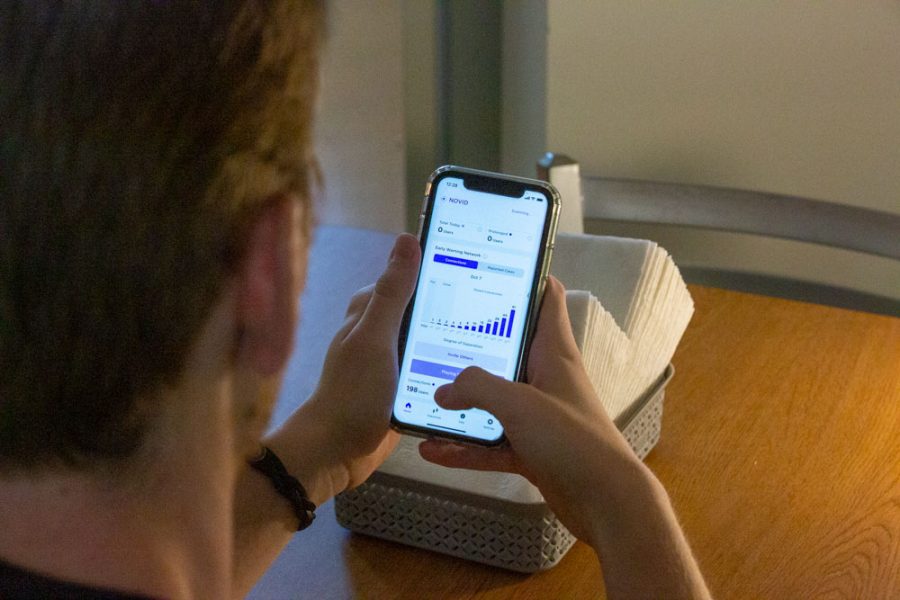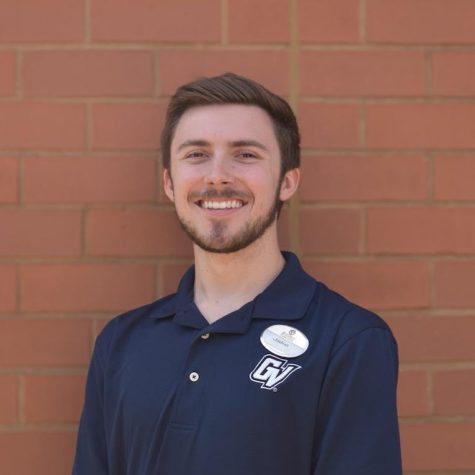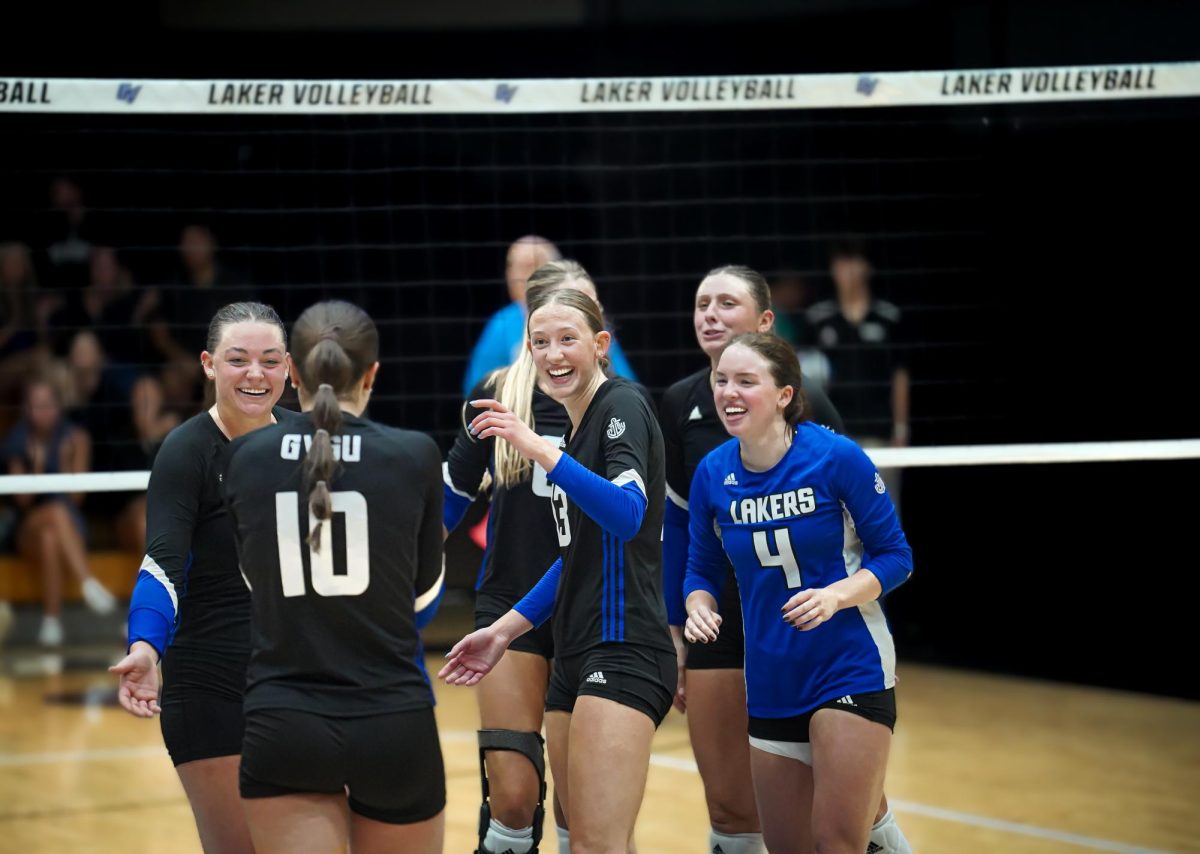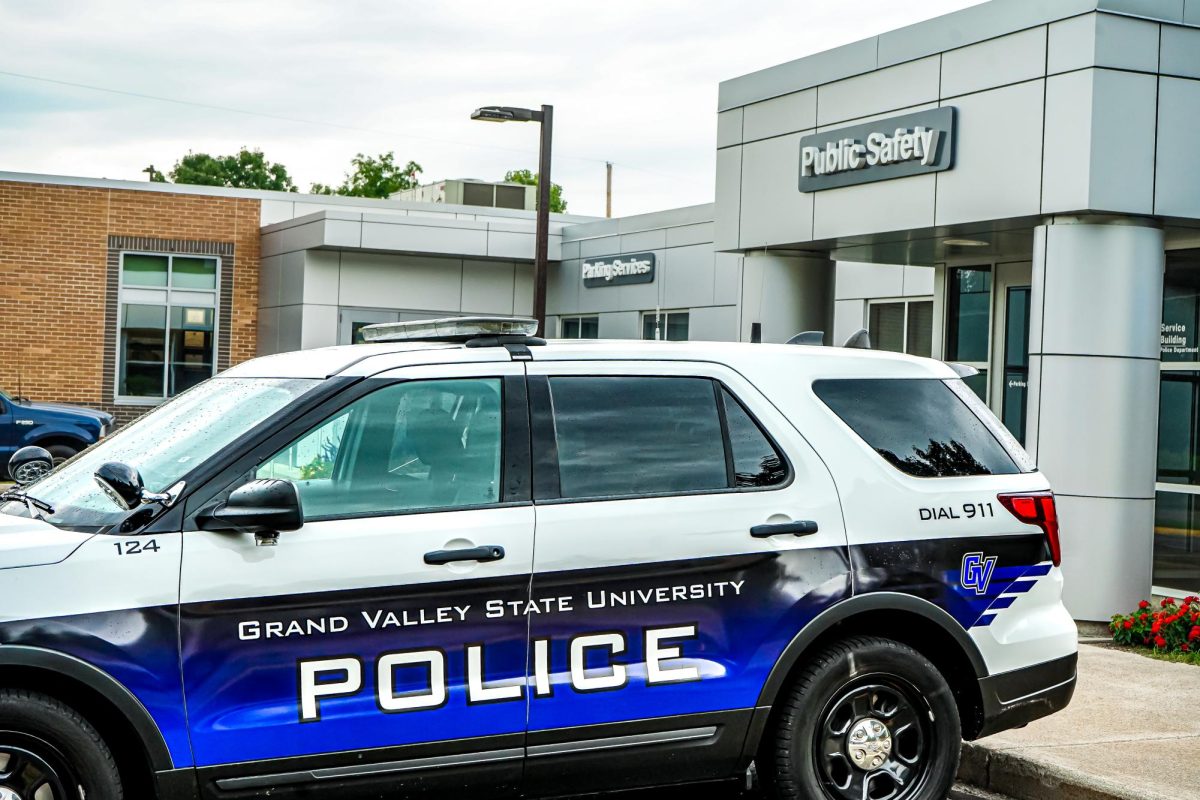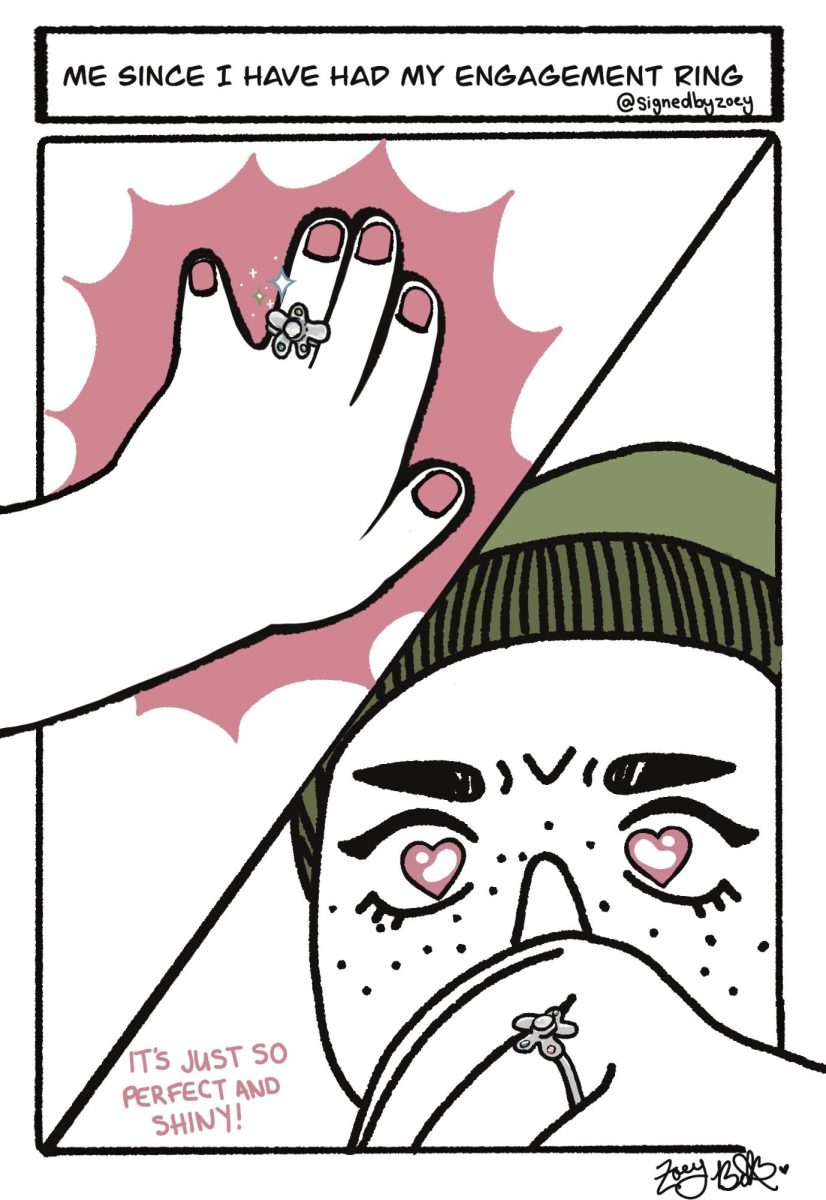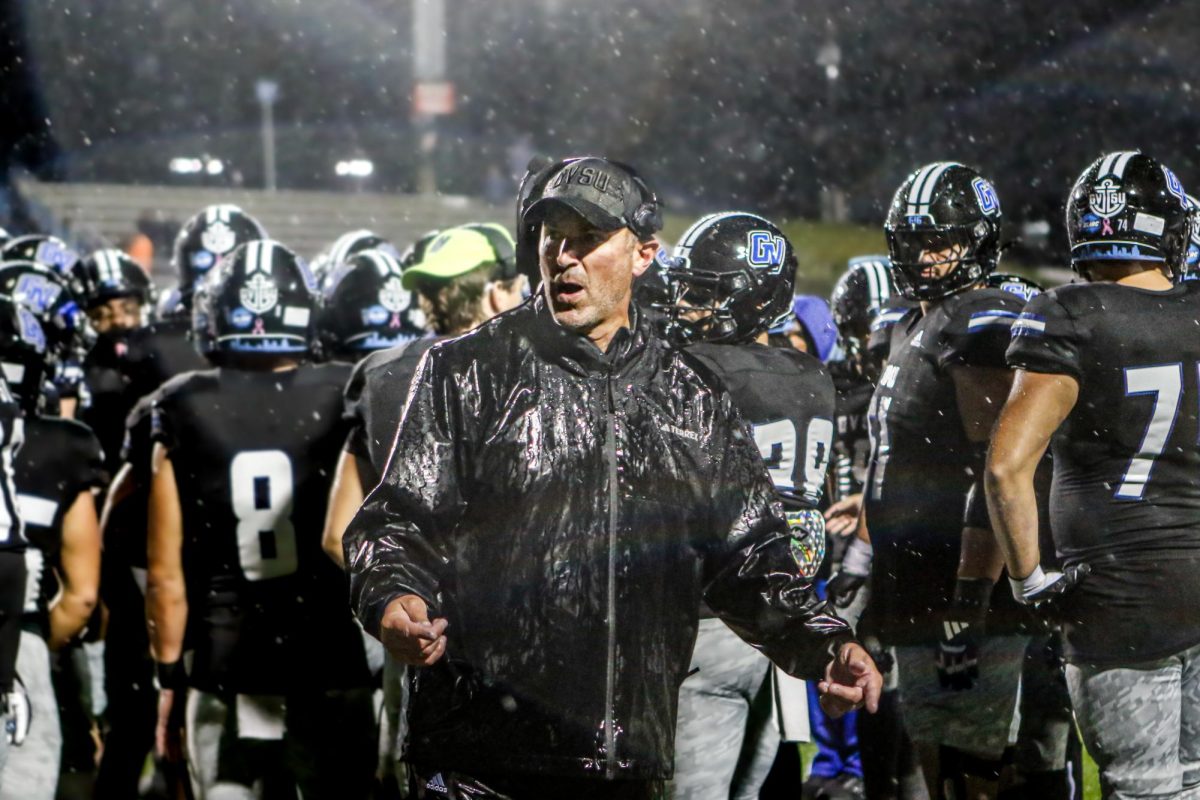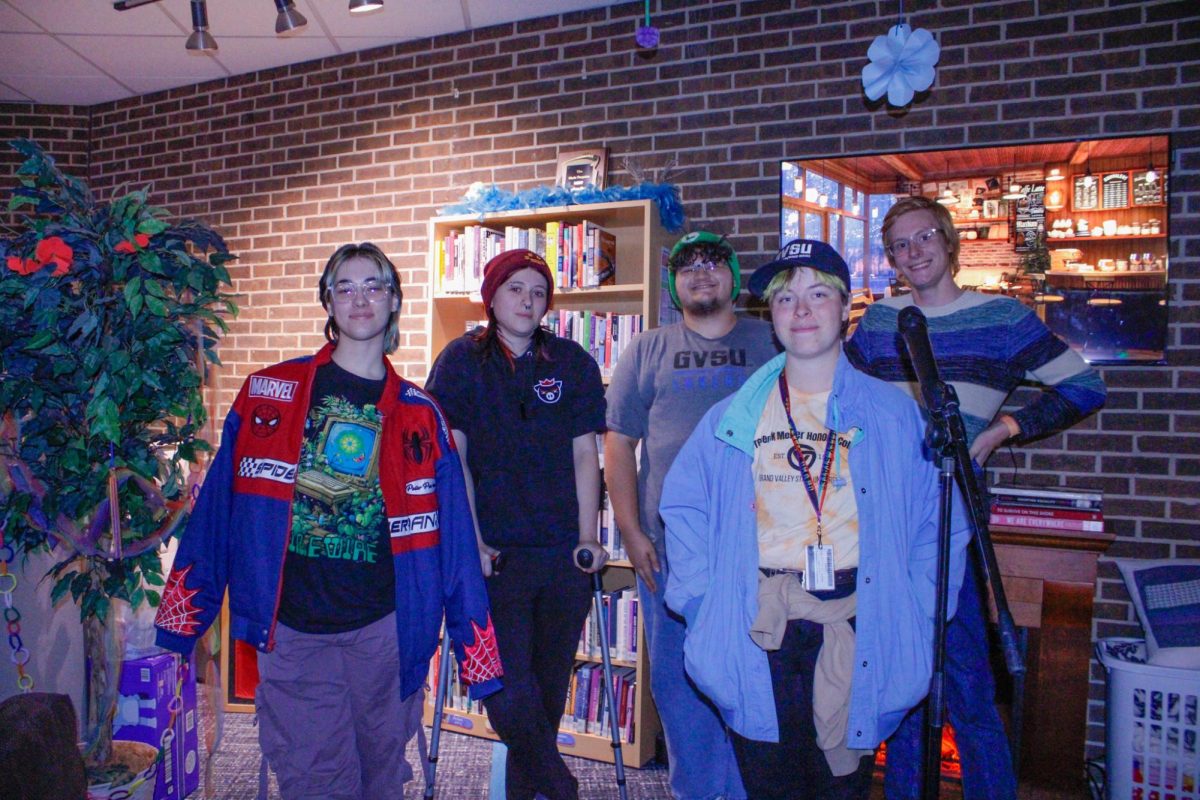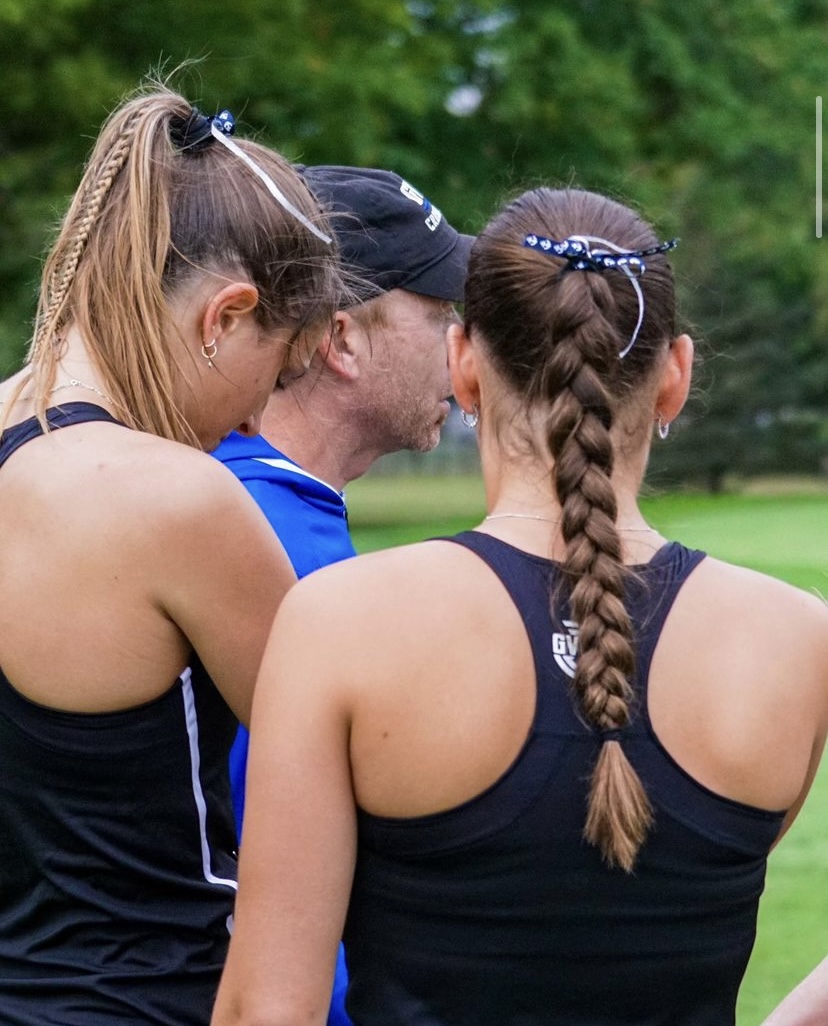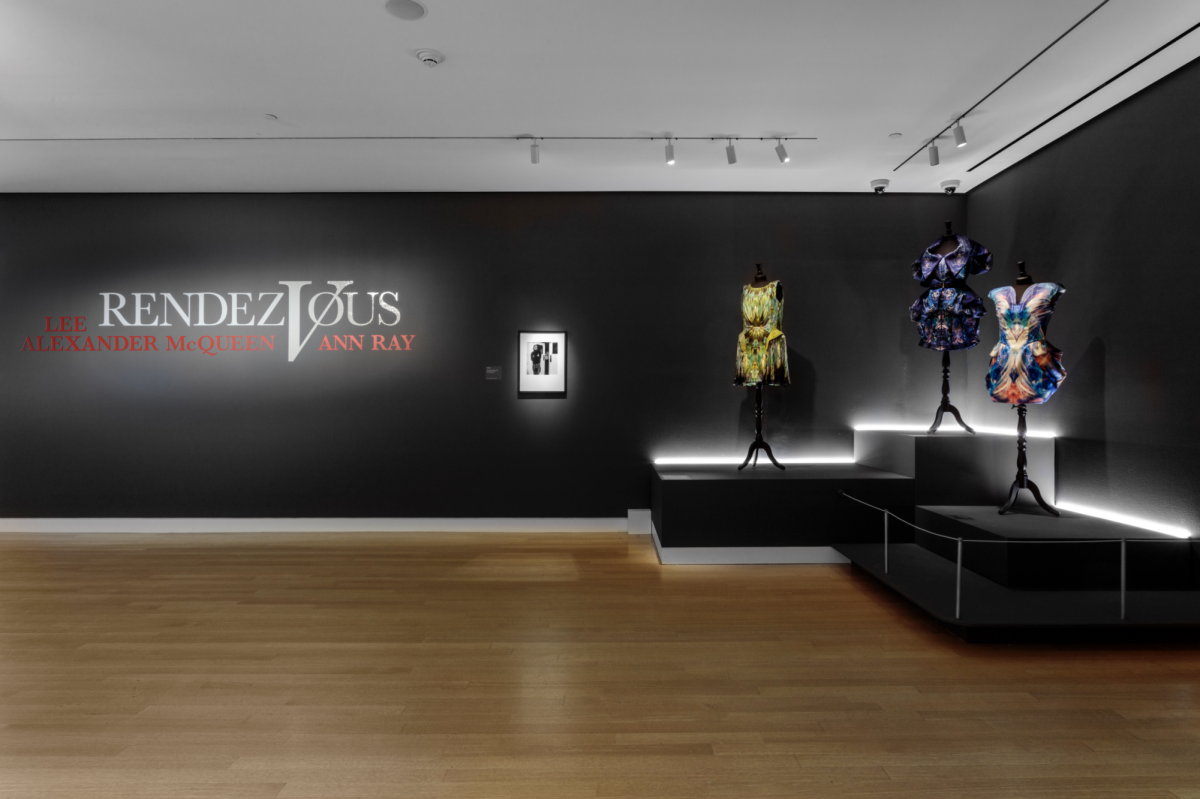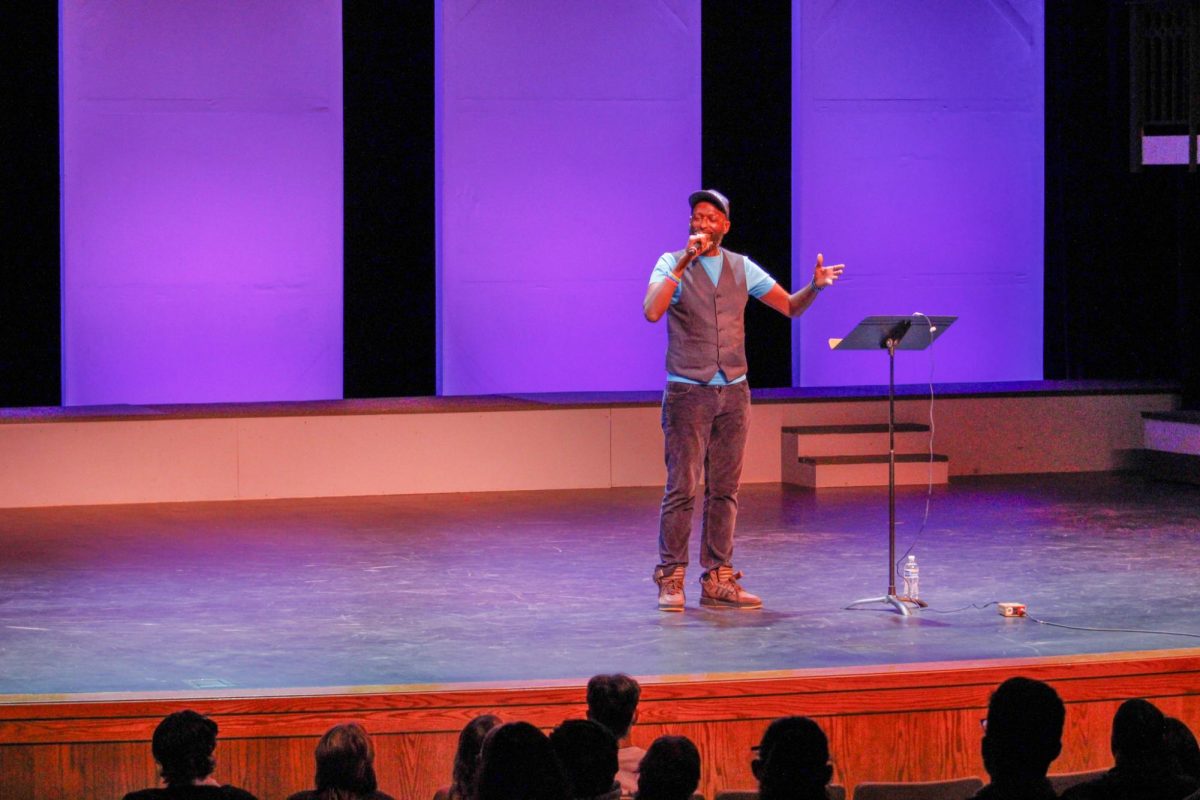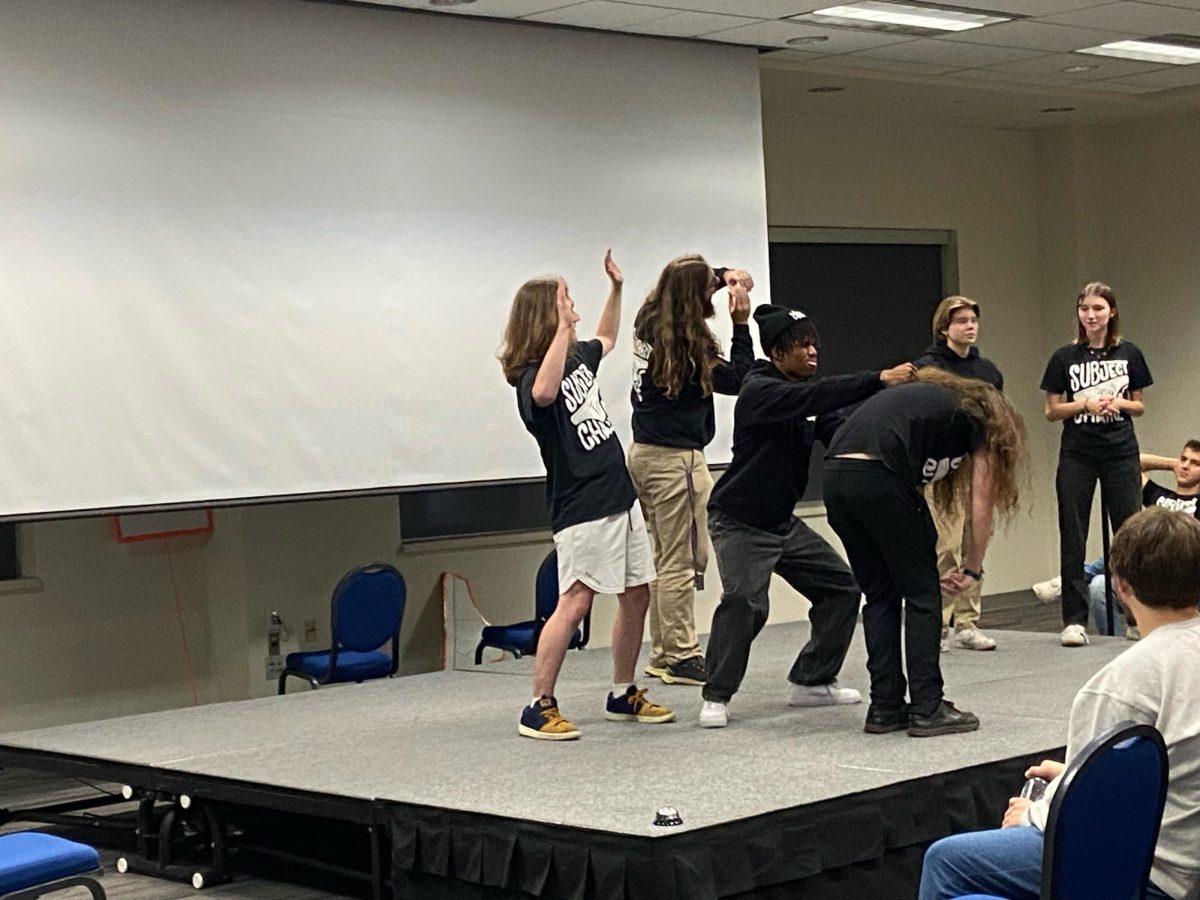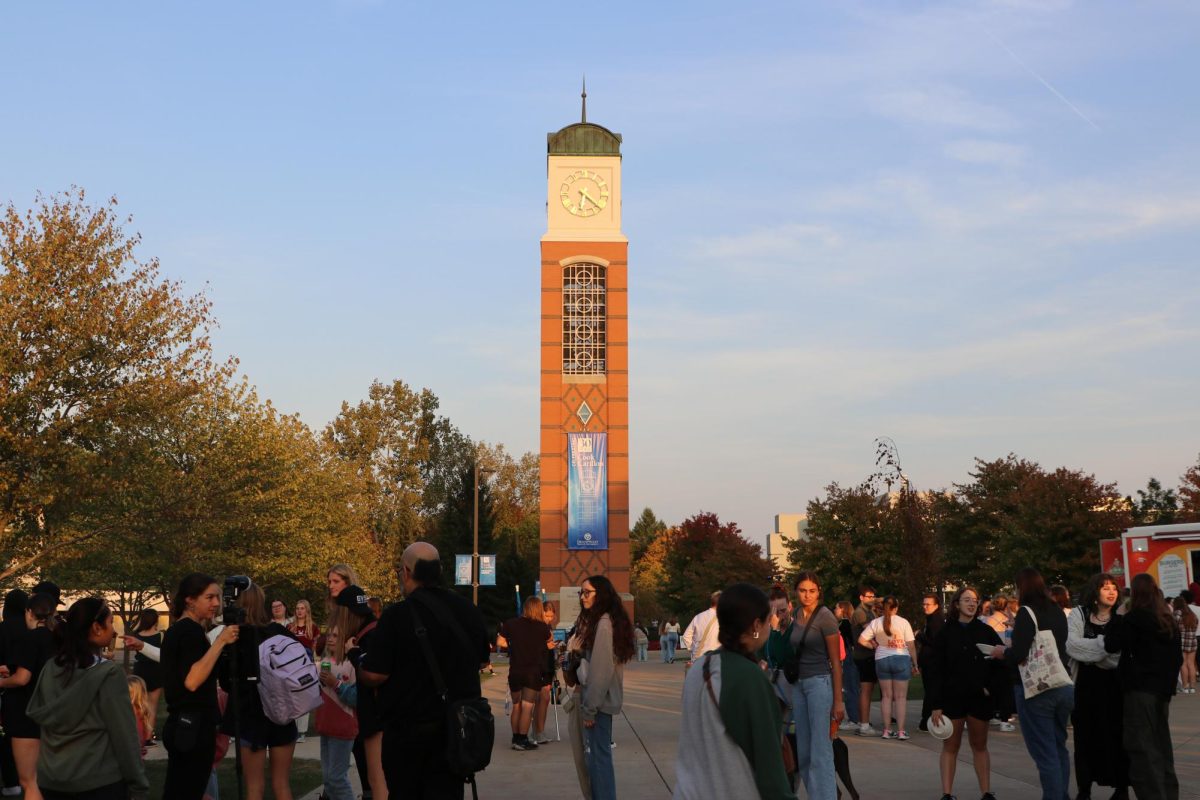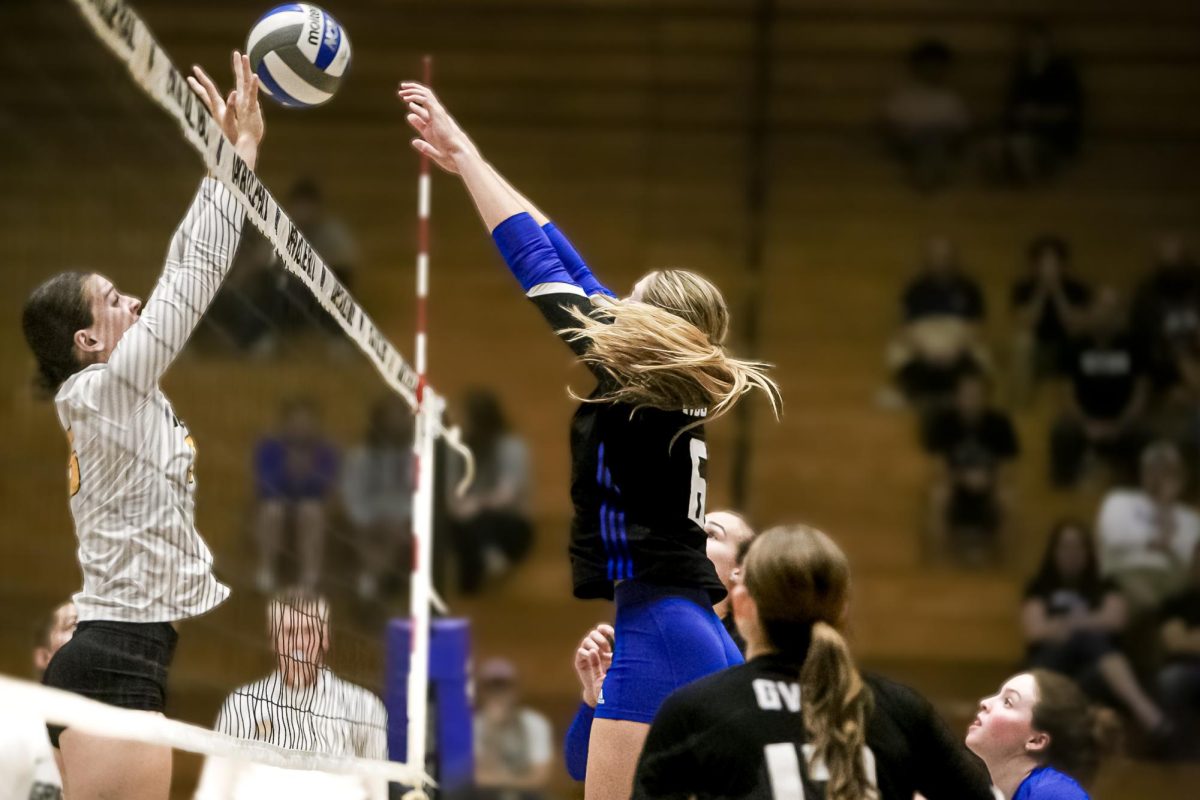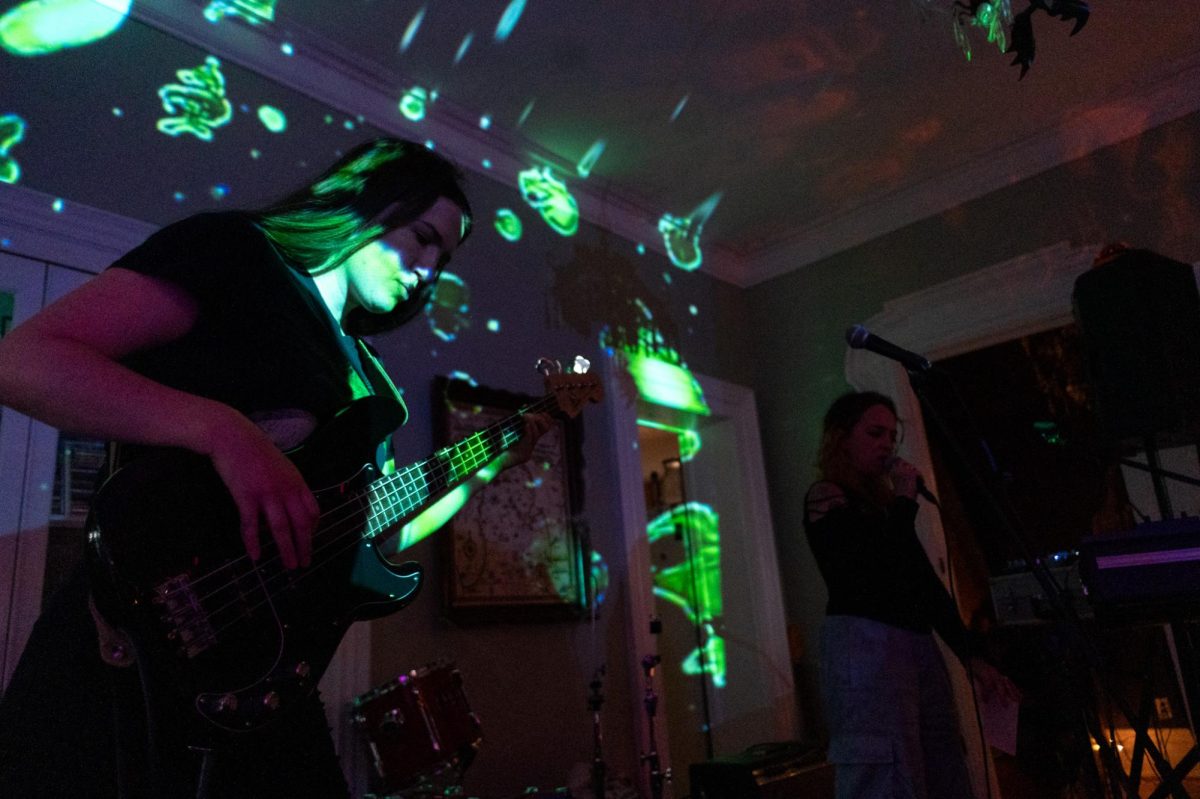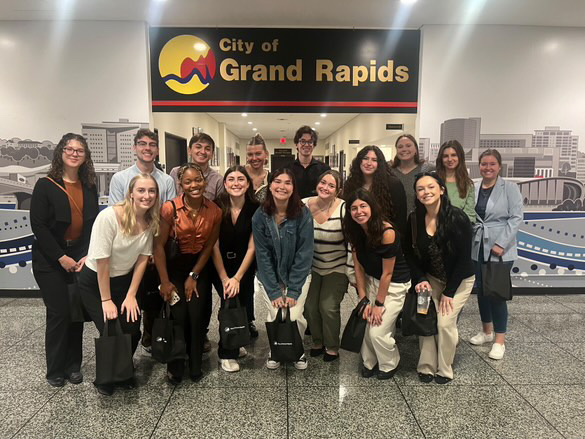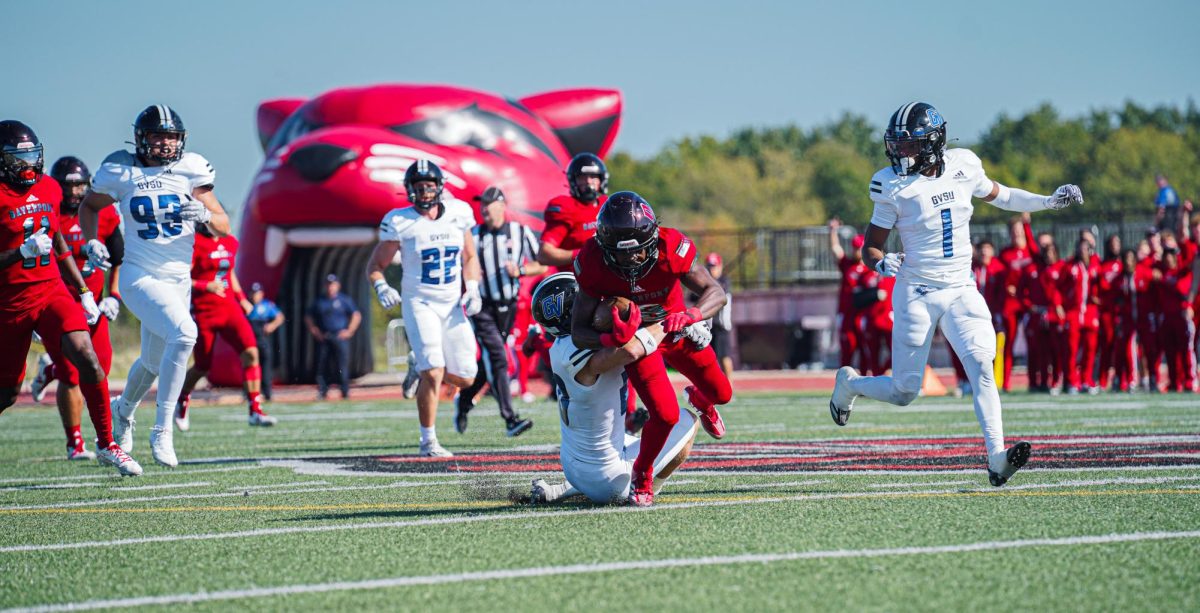GV implements NOVID contact tracing app to help curb COVID-19 spread
Oct 19, 2020
Grand Valley State University has adopted the NOVID contact tracing app to help monitor and slow the spread of COVID-19 on campus. The app utilizes a smartphone’s bluetooth and ultrasonic sensors to communicate with others using the app, and will warn the user if they come close to someone who has COVID-19. GVSU is one of a handful universities around the country that are now using NOVID.
The founder of NOVID, Po-Shen Loh, sees NOVID as a tool that everyone can use to see COVID-19 before it even reaches them, while other contact-tracing apps show what the spread of the disease looks like in action.
“It’s like a radar in a video game,” Loh said. “If you can see the bad guys, or COVID-19, getting closer from all around you, you can prepare and get ready to defend yourself. With COVID-19 today, you can’t prepare because you have no idea where it is, and that’s why a lot of people just give up trying to play defensive.”
The app does this by communicating with other smartphones that have the app installed; if a user spends enough time close enough to someone else using NOVID, that gets marked as a relationship. There are graphs in the app that show how close COVID-19 exposure is to each user, measured by the number of relationships away from them the disease has been reported.
“Say I have a positive test five people away from me, that could be my roommate’s coworker’s classmate’s friend’s girlfriend, and so on and so on,” Loh said. “The important part of this measurement is that you can start to see how close COVID-19 is getting to your circle.”
NOVID is completely anonymous in that it doesn’t require users to enter any personal information. Jesse Bernal, Vice President of Inclusion and Equity and a member of GVSU’s Virus Action Team, believes that anonymity is one of NOVID’s biggest advantages.
“NOVID was selected after a review of nearly 40 tech solutions because of its priorities for accuracy, privacy and providing users with pre-exposure information,” Bernal said.
As of publication, Bernal said that over 1,000 users have signed up for NOVID and marked GVSU as their community. There is no way to verify how many of those users are students or faculty, as NOVID doesn’t require users to enter their name, email, location or phone number.
“The university only receives aggregate information – including the number of uses, the number of individuals who have a confirmed positive test that they report, and the number of users who have been exposed to someone who has a confirmed positive case of COVID-19,” said Bernal.
Despite the lack of information NOVID requires from its users, the app will be able to accurately inform them if they have been exposed to someone else who has a self-reported positive COVID-19 test. The app will also give users a heads-up if someone they recently interacted with tests positive for COVID-19 after that interaction.
“The app is built to tell you (anonymously) that someone who you have previously been in contact with for more than 15 minutes within six feet has tested positive and was in contact with you during a possible period of being contagious,” Bernal said. “Because of the concern for privacy and because someone who has tested positive is required to isolate for at least ten days, future exposures with someone who has previously tested positive are not part of the alert.”
GVSU’s COVID-19 spread is on a steady decline. The last update published by the Virus Action Team stated that the number of active cases is now 42, only two of which are students living on campus. NOVID should help curb the spread of COVID-19 even more as the University approaches Thanksgiving break, after which most in-person classes will shift online for the remainder of the semester.
Loh, who is also a math professor at Carnegie Mellon University, knows that many students want to resume in-person classes. That’s part of the reason he and his team have been reaching out to colleges for the deployment of NOVID. The rest of the reason is simply because they care about stopping COVID-19.
“We’re actually, literally, just trying to save the world here,” Loh said. “And if we get the GVSU community to buy into the idea that everyone needs to use this app as a radar, it’s going to be a super powerful radar.”
All GVSU students, faculty and staff who download the app can choose GVSU as their community in the app’s settings. NOVID is available for free on the Google Play Store for Android devices and on the App Store for iOS users.



